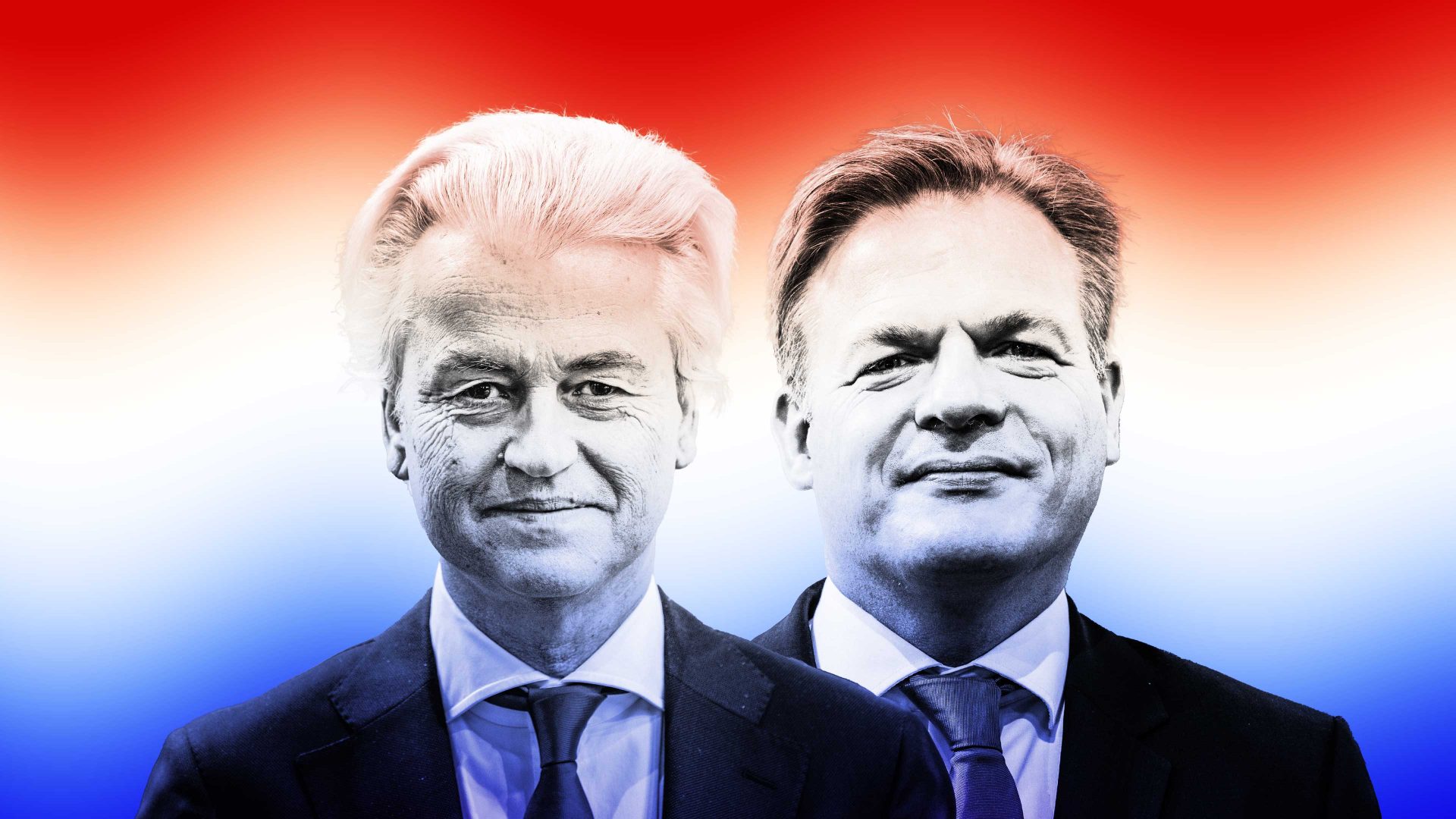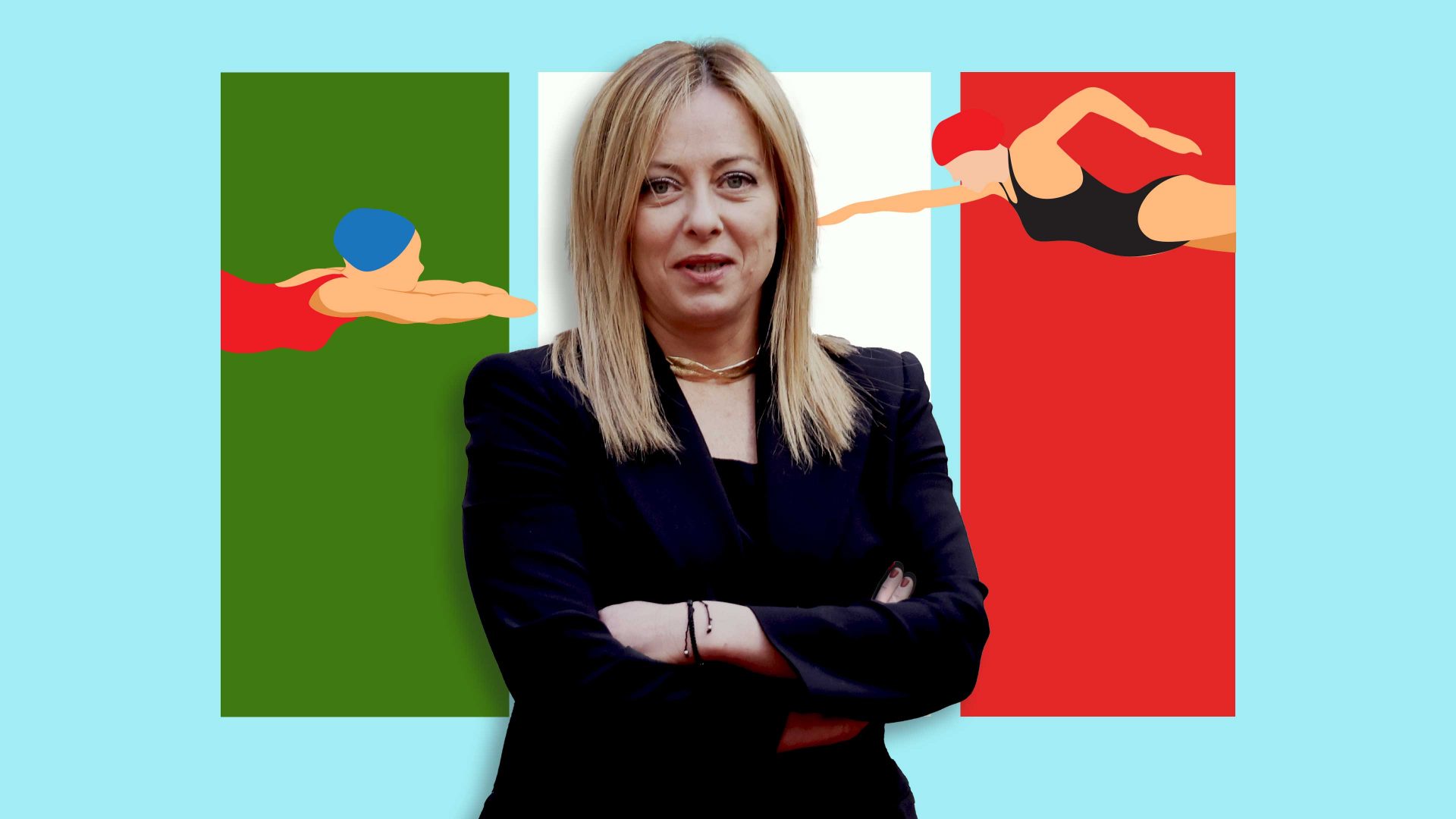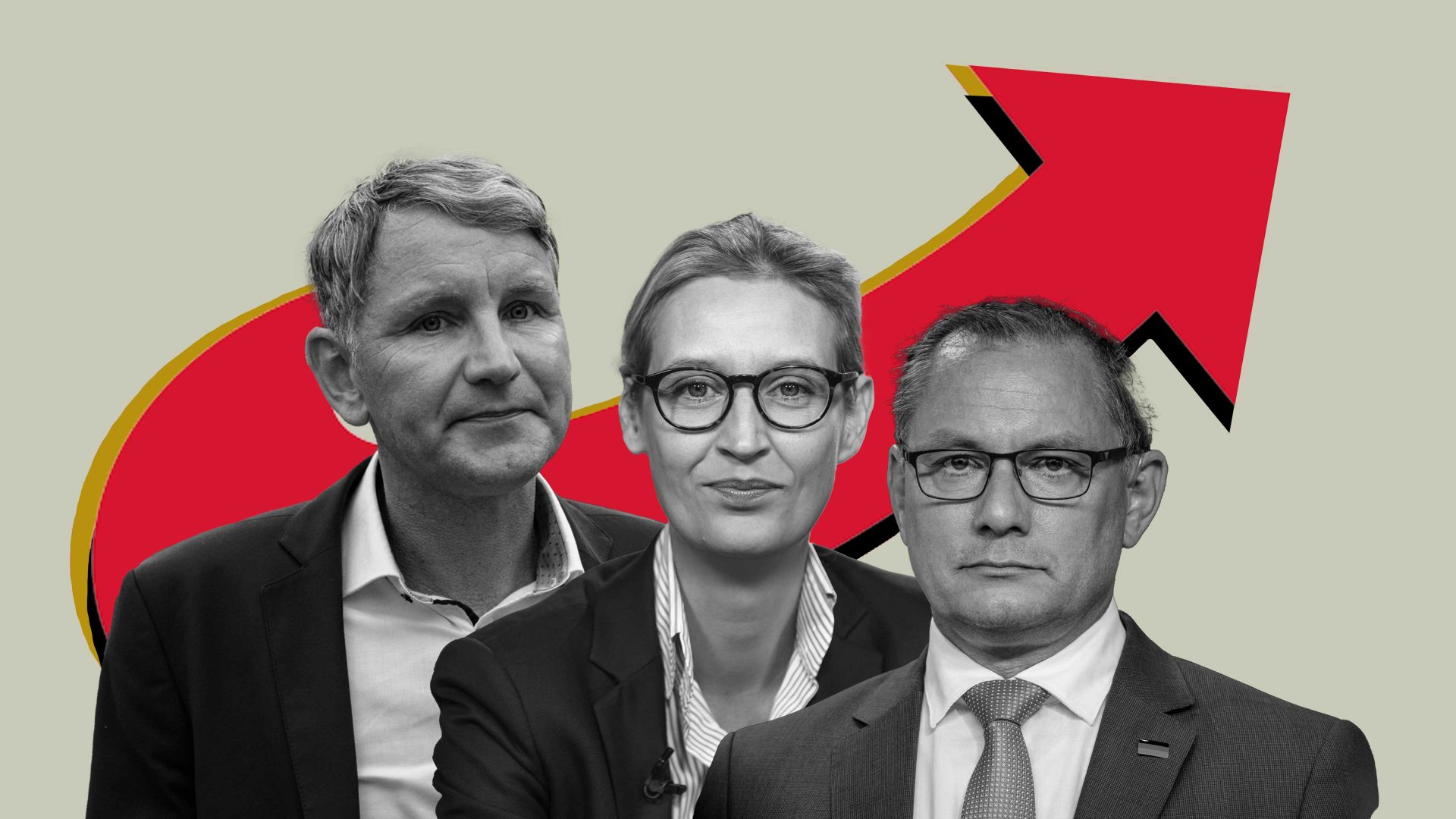Geert Wilders, far-right victor in last November’s Dutch elections and known for the requisite platinum blond hairdo and trenchant migrant-phobic one-liners, may not become prime minister of the Netherlands after all. Or, yet he might.
Nobody knows for sure, after a new centre-right party, New Social Contract (NSC), quit the coalition talks, potentially leaving Wilders without a majority. Ostensibly it was over the worse-than-expected financial outlook, but really, they never clicked with Wilders. It’s Schrödinger’s Cabinet; the mooted right wing coalition is simultaneously dead and alive.
Wilders reacted by attacking the NSC’s founder and leader, former Christian Democrat Pieter Omtzigt. On X – his favourite mode of addressing the masses – Wilders made a thinly veiled dig at Omtzigt’s well documented burn-out, saying that the NSC frontman was “resting at home. I wish him a speedy recovery”. He professed to be “at a total loss” as to the NSC’s decision and later posted that the Netherlands had voted for a right wing coalition, warning Omtzigt not to enable the alternative – a highly unlikely, centre-left combination.
The quite right-of-centre newspaper De Telegraaf went a step further and in a commentary accused Omtzigt of “almost political vandalism”. De Telegraaf’s full-press attack on Omtzigt highlighted an uncomfortable truth for Wilders’ negotiating partners; he’s riding high in the polls, significantly improving on last November’s shock upset. Even more voters, Telegraaf readers or not, have now bought into the idea that it’s time for a “real” right wing government, one that could break with years of what is being characterised as “muddling through”. What’s more, over the last 13 years the outgoing PM, Mark Rutte, co-opted much of the right wing’s anti-immigrant agenda. Wilders is well aware of the polls and recently taunted Omtzigt on X that he wouldn’t mind going back to the ballot box.
That would be highly unusual, though, as coalition talks have only been going on for a few months. That may sound a long time, but negotiations over forming a government are often drawn-out affairs in the Netherlands, and can last up to a year. Rancour, sniping, quitting in a huff and then quietly sidling back to the negotiating table are all par for the course. Call it political theatre. On social media the author Arnon Grunberg compared the breakdown of talks to the work of Eugène Ionesco, the absurdist playwright. Did they break down?
Despite the growing sense of political farce, these shenanigans and the way they’re reported remain deeply Dutch. Trouw, a centrist newspaper with a sometimes progressive outlook, gleefully proclaimed that the “Right is making a mess of things”. In its commentary, though, the paper used a very old-fashioned reference to a controversial blackface tradition known here as Zwarte Piet (Black Pete) to describe the blame game going on among the parties. Even with the best intentions, these things still slip through. Either that or it was a somewhat leaden allusion to the fact that Wilders and his far-right party are outspoken supporters of maintaining the Zwarte Piet tradition.
And there’s the rub. Omtzigt cleverly chose, for now, the financial hill to die on, rather than Wilders’ extreme right wing unpalatability. As the polls show, Wilders’ party is riding high and it’s reasonable to assume that his anti-migrant and culture war planks are an important part of his appeal. Rutte blew up the previous government over migration. During the campaign, his party tried to copy Wilders on the issue, and lost.
Omtzigt appears too clever to fall into that trap. He has voiced concerns over some of Wilders’ wilder ideas, claiming they are unconstitutional, in particular proposals to ban the Qur’an, mosques and Islamic schools. Framing these issues as legal questions shows that Omtzigt has decided not to confront Wilders on his own right wing turf. We’ll have to wait and see whether that’s good politics.
Regardless of the outcome of the coalition talks, Omtzigt has already helped to normalise the idea of prime minister Wilders, and he’s still saying he would lend parliamentary support to such a government. He appealed to centrist voters as a politician of above-average integrity and independence. Omtzigt could have spent that political capital on openly confronting the extreme right’s march into the mainstream. Instead, he’s ducked out on technicalities – for now, at least.
Ferry Biedermann is a Dutch journalist and fellow of the Birmingham University Centre for Brexit studies



